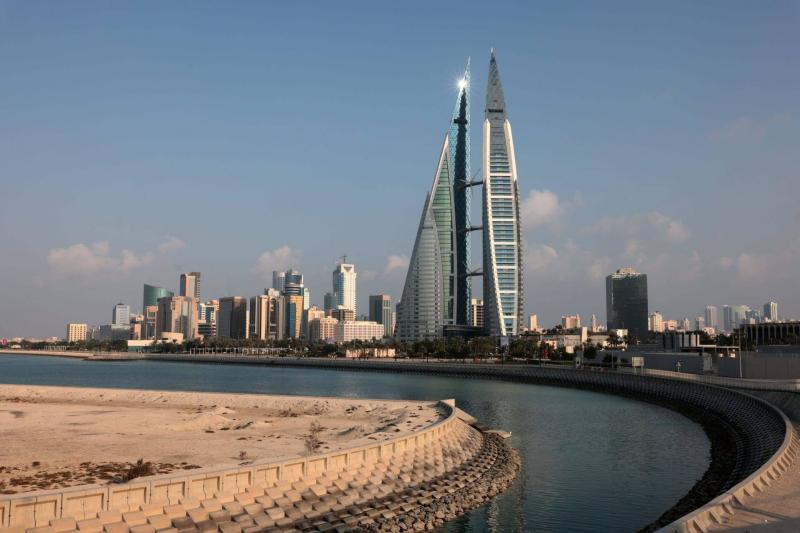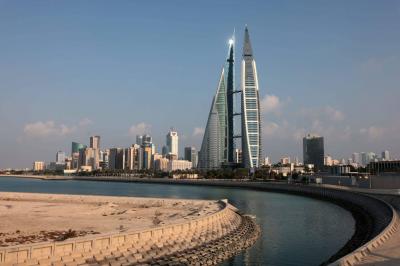Bahrain has achieved an advanced position in the Global Competitiveness Report, ranking first globally in 12 indicators and within the top ten in 75 sub-indicators, overall ranking 21st worldwide. This is an international acknowledgment of Bahrain and an important significant achievement that merits deep reflection and analysis.
It should be noted that this report, along with other reports issued by international entities, is highly reliable and credible globally. These reports are prepared according to specific, objective, and accurate standards, thus their results truly reflect reality. Upon reading the details of the indicators where Bahrain has attained advanced global ranks, I observed that these combined indicators embody Bahrain's sources of strength economically, politically, and socially. This signifies the strengths that enable Bahrain to achieve accomplishments across various fields, placing it in such a high advanced position.
According to the report's indicators, the main sources of Bahrain's strength are as follows:
1. The achievements of the government and its ability to adapt to changes.
2. Effective partnership between the public and private sectors.
3. Efficiency of financial and banking services.
4. The human capital of Bahrain comprised of skilled labor, financial, technological, digital skills, and language proficiency.
5. Flexibility and the community's ability to adapt to diverse challenges.
Having these sources of strength for Bahrain, according to the report, certainly means that this is an international acknowledgment of the Government of Bahrain led by His Highness Prince Salman bin Hamad Al Khalifa, Crown Prince and Prime Minister, and its success in formulating and implementing government plans and policies efficiently and effectively, as well as its capability to handle emergent developments and challenges. It is also an international acknowledgment of the community and its capability to respond positively to challenges and adapt to them.
When discussing Bahrain's sources of strength in this way, we should simultaneously consider two fundamental issues: first, how we should further enhance these sources of strength; and second, how we can invest these sources, as affirmed by the Global Competitiveness Report, to support the development trajectory in the country and bolster Bahrain's image internationally.
In this context, there are two significant actions that we believe should be undertaken:
First: The necessity of preparing more detailed reports on each of these sources of strength and how Bahrain has entrenched them. For example, how has the government and society been able to adapt to changes and handle challenges efficiently? What aspects embody this capability? And so on. Additionally, the human capital of Bahrain and its distinctive features and efficiencies across various fields. For instance, why does Bahrain remain the most capable, credible, and efficient financial center in the region?
Second: The high status that Bahrain has achieved in the Global Competitiveness Report and the reports that need to be prepared to explain the components of this success must be utilized as broadly as possible to enhance Bahrain's image internationally in economic, political, and media contexts.
This is a task that should be undertaken by all relevant entities, whether it be Bahrain's embassies abroad or through engagement with various organizations and international bodies, and so forth. Importantly, the issuance of this report and similar reports, along with Bahrain attaining this global standing, should not merely be an occasion for pride, but more importantly, it should serve as a moment to think about how to invest this achievement to enhance Bahrain's positive image globally. On another front, it should also be an opportunity to consider how to utilize this achievement to attract global investments to Bahrain, thereby bolstering development and modernization efforts.




